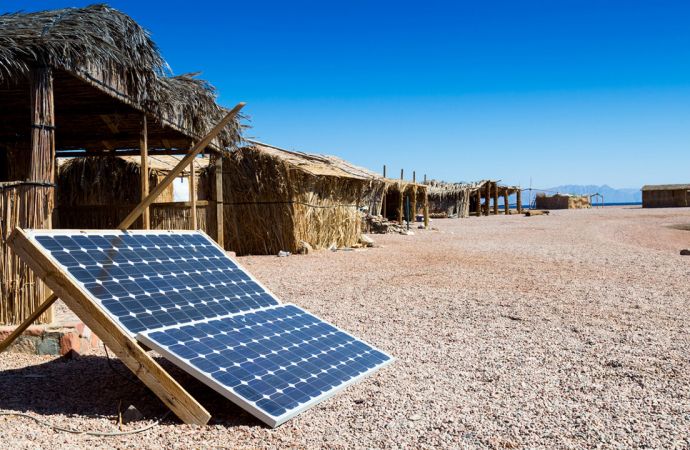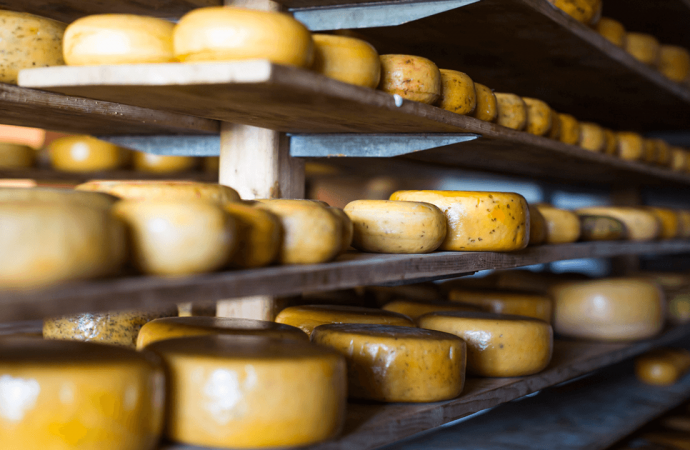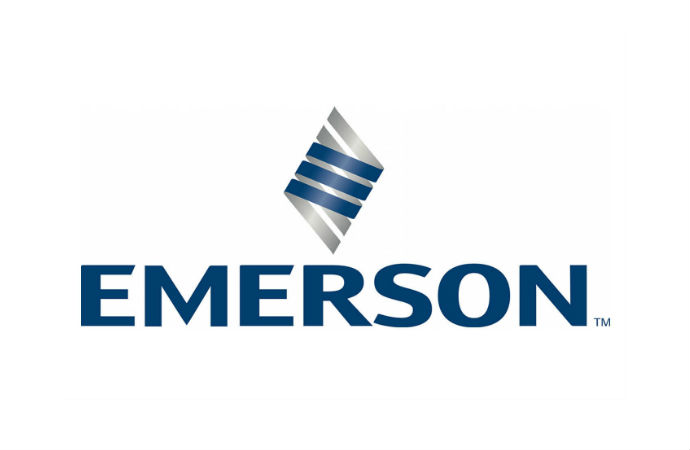Engineers Without Borders USA selects three vapor-compressor projects, two with hydrocarbons and one with ammonia, plus four others, for developing world.

© iStock
Engineers Without Borders USA (EWB-USA) today announced the seven winners of its Chill Challenge, which seeks to develop affordable refrigeration for off-grid communities in the developing world, and three of the projects use natural refrigerant-based vapor compression systems.
Each project will receive a grant of between US$30,000 and US$50,000 to develop their innovative technologies.
The grantees include companies and universities from the U.K., India, Germany and the U.S. (Indiana and Delaware).
One of the grantees is Germany-based Solar Cooling Engineering. The company has developed a product called SelfChill, a solar cooling unit that can be combined with locally produced refrigeration cabinets to provide flexible and low cost cooling.
The SelfChill units are powered by photovoltaic panels and use isobutane (R600a) as its refrigerant. For the Chill Challenge it will be used to drive an icemaker capable of making 100-120kg (220-265lbs) of ice per day.
Another winner is Purdue University, West Lafayette, Indiana (U.S.), which has proposed a vapor compression system with propane (R290) as the refrigerant and solar PV as an energy source. This research will examine the potential of using a combined heating and cooling system to produce 100-150kg (221-331lbs) of ice per day and to dry crops. It will also evaluate food drying and storage practices, including their prices and seasonality.
A third grantee is New Leaf Dynamic Technologies from New Delhi, India, which has developed a GreenCHILL refrigeration system for storage and cooling of agricultural produce.
The system is powered by biomass like straw and cow dung, and uses ammonia as the refrigerant to cool up to 1,500ltr (396gal) of milk, or 15t produce, without the need for grid or generator backup power.
The other four winning projects employ radiative/passive cooling, adsorption (using hydrogen/metal hydride), intermittent sorption/cold storage battery, and diffusion absorption refrigeration.
For more information on the seven grantees, click here.
The Chill Challenge was launched in September 2019. EWB-USA received 43 proposals from 36 different entities all over the world, including universities, NGOs, companies and individuals.
Fourteen proposals were shortlisted, and the winners were selected by a panel of judges, including Mike Saunders, senior lead innovation technologist at Emerson Climate Technologies, and Rajan Rajendran, Vice President for System Innovation and Sustainability at Emerson Climate Technologies.
Related stories

_1626683392.jpg)


